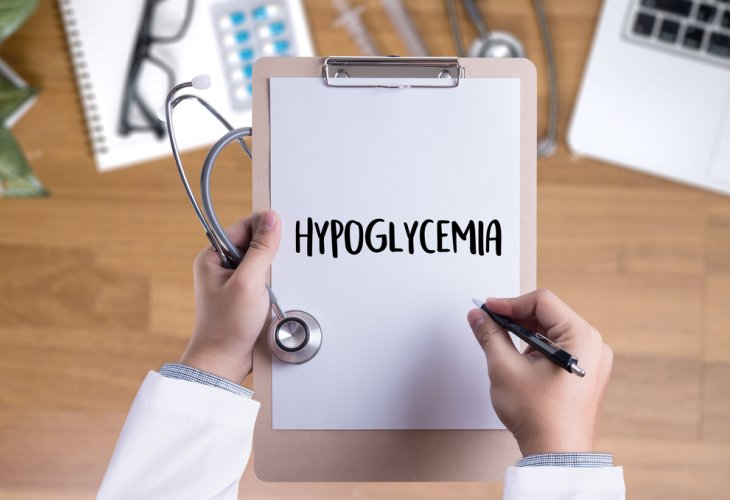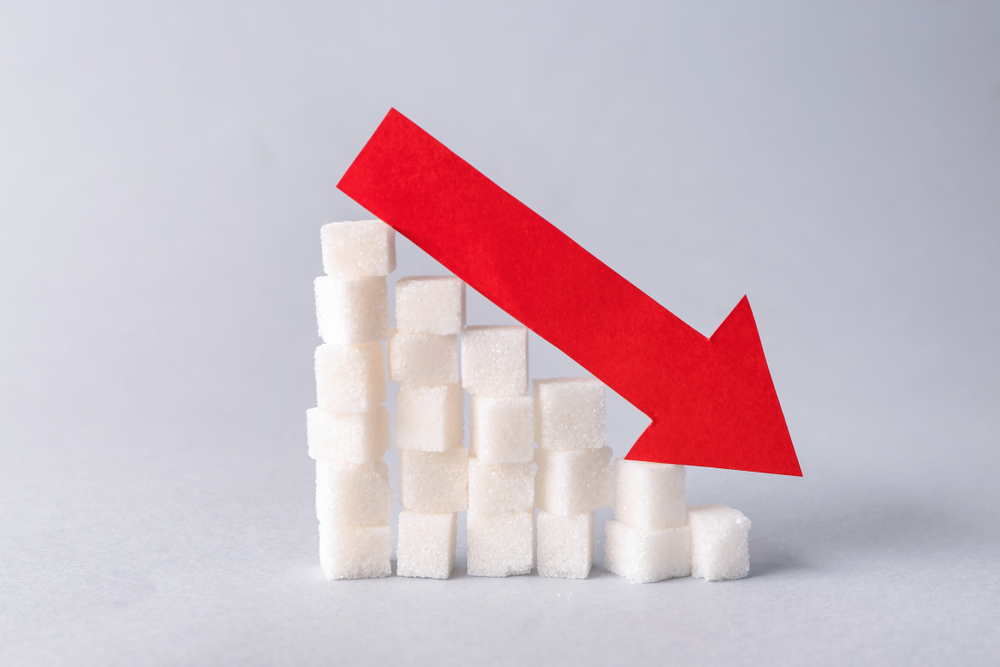Health and Nutrition
Low Blood Sugar and Anxiety: The Hidden Link That Could Be Affecting Your Health
Discover how hypoglycemia can trigger or mimic anxiety symptoms, why it happens, and what steps to take for better blood sugar and emotional balance.
 (Photo: shutterstock)
(Photo: shutterstock)Low blood sugar (hypoglycemia) and anxiety are closely linked, and it’s important to understand the complexity of their relationship. Symptoms of low blood sugar can mimic those of anxiety, or worsen existing anxiety. Shaking, rapid heartbeat, irritability, nausea, trouble concentrating, and panic are all overlapping symptoms.
Some people, especially those with diabetes, may also experience anxiety related to managing their blood sugar levels. This can manifest as a persistent fear of hypoglycemia or stress over managing the condition.
Why Low Blood Sugar Triggers Anxiety
When blood sugar levels drop, the body tries to correct this by releasing epinephrine (adrenaline), the "fight or flight" hormone. This hormone signals the liver to produce more glucose.
Adrenaline also increases heart rate and causes sweating, both of which can lead to nervousness and anxiety. These are early warning signs of hypoglycemia. If the condition persists, the body releases more hormones, including cortisol (the "stress hormone"), which plays a role in mood and fear regulation. When adrenaline and cortisol work together, the result is often anxiety.
Symptoms of Low Blood Sugar and Anxiety
Many symptoms of low blood sugar overlap with those of anxiety. Without checking your blood sugar, it can be difficult to distinguish between the two.
Symptoms of Low Blood Sugar (Hypoglycemia):
Trembling
Hunger
Anxiety or panic
Sweating
Headache
Irritability
Nausea
Dizziness
Rapid heartbeat
Confusion
Blurred vision
Loss of consciousness
Symptoms of Anxiety:
Excessive worry, loss of control
Dry mouth
Irritability
Difficulty concentrating
Muscle tension or headaches
Shaking
Nausea
Rapid heartbeat
Sweating
Insomnia
Avoidant behavior
Panic attacks
When Low Blood Sugar Mimics Anxiety
These overlapping symptoms aren’t coincidental; there is a shared physiological basis. When hypoglycemia occurs, the body releases adrenaline to boost glucose production, which activates the same "fight or flight" response associated with anxiety.
Chronic low blood sugar can also lead to increased cortisol production, which reduces the body's sensitivity to insulin and helps maintain glucose levels. High cortisol is also linked to anxiety, which explains the shared symptoms.
 (Photo: shutterstock)
(Photo: shutterstock)What Causes Low Blood Sugar?
While diabetes treatment aims to lower blood sugar, it can sometimes cause it to drop too low. Most people feel symptoms when levels fall below 70 mg/dL. This can happen if you:
Take too much diabetes medication
Skip meals
Eat less than usual
Exercise more than usual
Although rare, non-diabetics can also experience hypoglycemia. Even those without diabetes can experience low blood sugar due to:
Gastrointestinal surgery
Pancreatic tumors
Anorexia nervosa
Excessive alcohol or aspirin use
Liver disease
Liver cancer
What Can You Do?
1. Monitor Your Blood Sugar:
If you have diabetes, keeping your blood sugar within a safe range can reduce anxiety. Consider using a continuous glucose monitor (CGM).
2. Use Insulin Carefully:
Too much insulin is a leading cause of hypoglycemia. Always use the correct type and dose, and inject it properly (just under the skin, not into muscle).
3. Choose Low Glycemic Foods:
Foods with a high glycemic index cause spikes and crashes in blood sugar. Choose foods that maintain stable levels, such as:
Low GI: Chicken, fish, eggs, nuts, beans, asparagus, beets, broccoli, tomatoes.
High GI (consume in moderation): Sugary snacks, sweet drinks, white bread, rice, potatoes.
4. Exercise Smartly:
Physical activity lowers blood sugar and can reduce anxiety by releasing endorphins. Adjust insulin and carbohydrate intake before exercising to avoid crashes.
5. Limit Alcohol Intake:
Alcohol can lower blood sugar for up to 24 hours. Drink in moderation and never on an empty stomach. Recommended limits:
Women: 1 drink/day
Men: 2 drinks/day
(Examples: 350 ml beer, 140 ml wine, 45 ml spirits)
Anxiety from Low Blood Sugar Episodes
A severe hypoglycemic event can be terrifying, leading to fear of recurrence, especially among people with diabetes. This fear is so common it has its own term known as Fear of Hypoglycemia (FoH). Studies show even mild episodes can increase this fear.
Anxiety from Diabetes Management
Managing diabetes can be time-consuming and emotionally taxing, especially when it involves frequent glucose checks. A study found that:
33% of people with diabetes had anxiety related to glucose monitoring.
30% had general anxiety about diabetes care.
Concerns about vision loss, nerve damage, slow-healing wounds, kidney issues, and more can all contribute to chronic stress.
Managing Diabetes-Related Anxiety
If you live with diabetes, your worries are valid. However, when those worries begin interfering with daily life or relationships, it’s time to seek support.
Your care team may recommend:
Psychotherapy
Medication
Relaxation techniques (breathing, meditation, yoga)
Support groups
Nutritional guidance
Even if you're managing your blood sugar well, anxiety can still occur. If so, speak to your care team to find a treatment plan that works for you.
Based on guidance from Professor Julio Weinstein, Director of the Diabetes Unit at Wolfson Medical Center and senior physician at DMC Diabetes Center.

